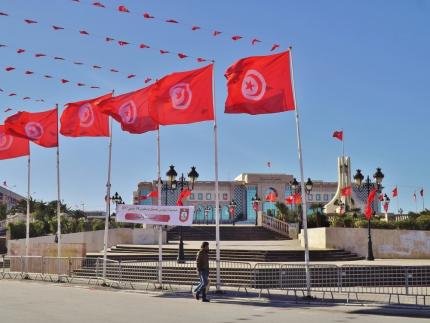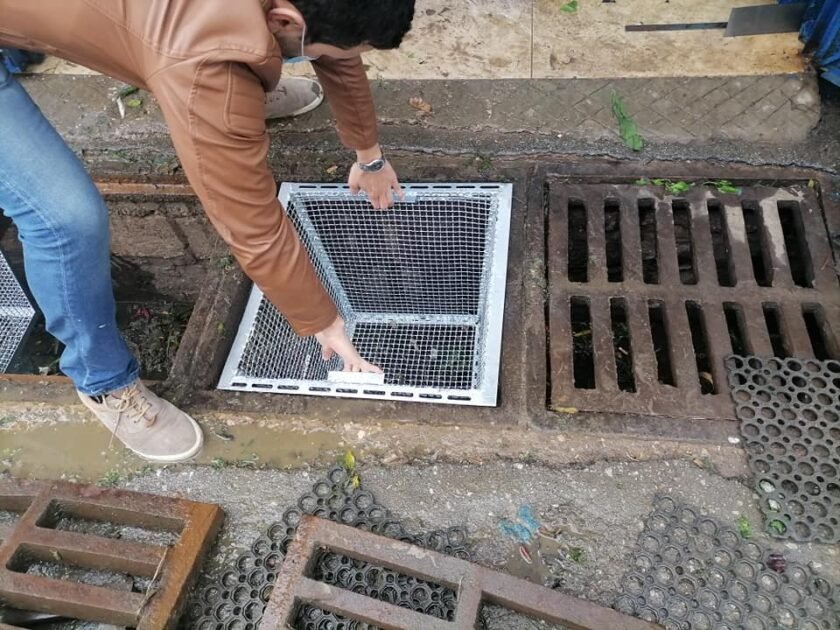The drastic cuts in assistance to Tunisia contained in the Trump Administration’s FY 2018 budget request send a disappointing message to the small North African country striving to shield its democratic experiment from the threats of terrorism and instability.
Tunisia has come a long way since then. Throughout the years, it went through many transformations, but it has consistently kept to a path of moderation and openness to the world. Six years ago, it ended decades of authoritarian rule. Through a compromise-based dialogue that earned Tunisian activists the Nobel Peace Prize, political protagonists and civil society leaders agreed two years later on a roadmap that put on track a democratic experiment unique to the Arab World.
But building a stable and enduring democracy requires addressing the socio-economic problems that sparked the 2011 uprising in the first place. It also requires establishing a climate of security and stability that is still in jeopardy.
Since 2011, obvious security risks have emanated from the crisis in neighbouring Libya. The power vacuum there has made the vast Libyan territory a venue for arms trafficking and training of terrorists, and Tunisians have struggled to defend their 300-mile-long border with their southern neighbour.
Tunisian Jihadists have more than once infiltrated the country’s southern border from Libya to perpetrate terrorist acts including attacks against foreign tourists in the Bardo Museum and the Sousse beach resort in 2015. A year later, scores of ISIS militants attempted to establish a foothold in the small town of Ben Guerdane, near the Libyan border. Their attempt was thwarted by Tunisian security forces and local police, with the active help of civilians. During that episode, Tunisians demonstrated how determined they are to take ownership of their country’s war on terror. They offered an important lesson on how to fight and defeat ISIS.
But Tunisia is being forced to spend much of its scarce resources on border security and other anti-terrorism measures—funds that should be devoted to promoting development and economic recovery.
Extremists—such as those who attacked the Bardo, Sousse and Ben Guerdane—have shown that they want nothing more than to undermine Tunisia. They harbour enmity towards this majority Arab-Muslim country just because its citizens cherish the very ideals of democracy and modernity that Americans profess they want from the Arab world. A successful Tunisia is the jihadists’ nightmare.
It is hard to understand why the United States would choose to reduce its commitment to Tunisia at just this critical moment.
Helping Tunisia matters for anyone who cares about the success of the Arab world’s leading democratic experiment. This country might be small in size but its stability and growth are crucial for peace and prosperity in Africa and Europe. Even from a purely transactional perspective, ensuring Tunisia’s success in meeting its current challenges makes sense for the long-term security interests of the West. It is certainly more cost-efficient than having to pick up the pieces should it ever fail.
Tunisians have done the hard work already. They have established a democratic system that is quickly taking root. They are introducing necessary socioeconomic reforms to spur growth and progress. At the same time, they are doing their part in the global fight against extremism. In this long fight, they know the battle is theirs. But they need help and support from the West. Tunisia needs to be treated by the United States, in particular, like the strategic partner that it is.
Oussama Romdhani is the editor-in-chief of the London-based The Arab Weekly. He is a former Tunisian senior official.
World Affairs Journal





Comments are closed.